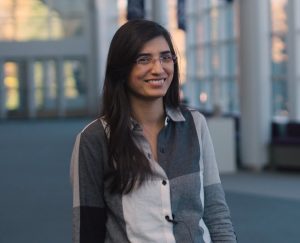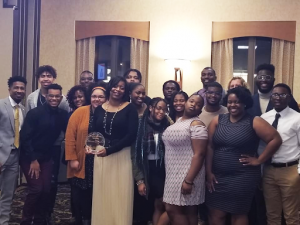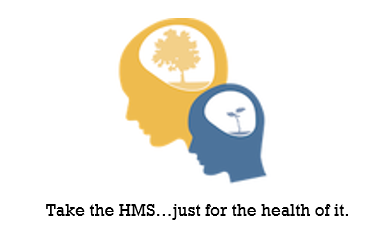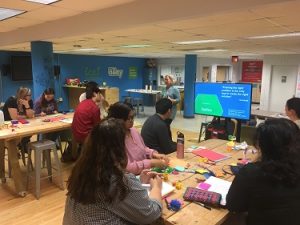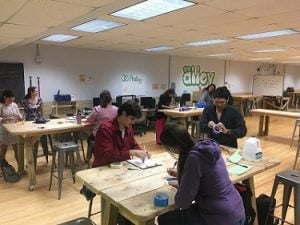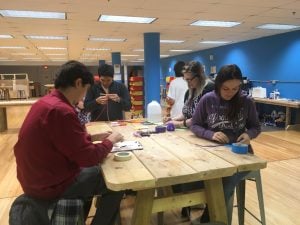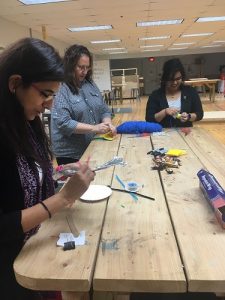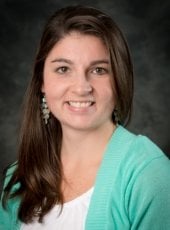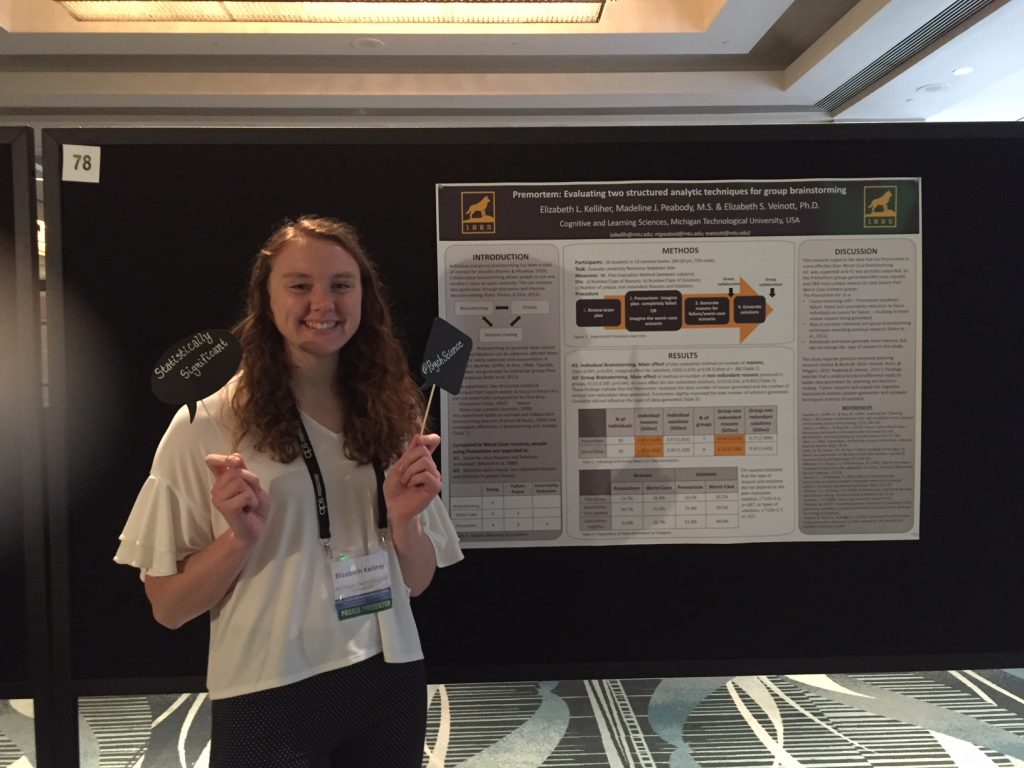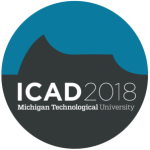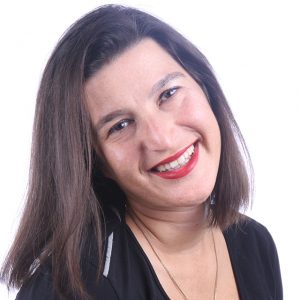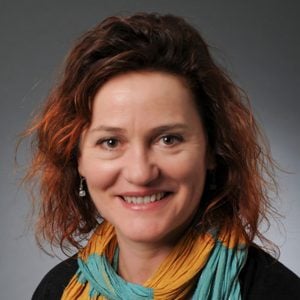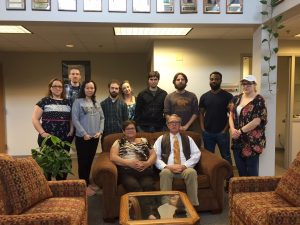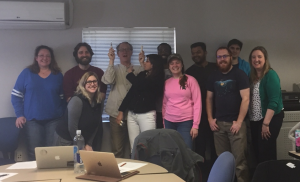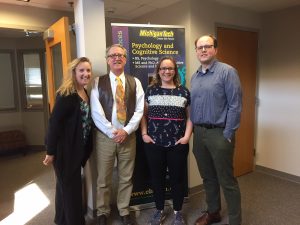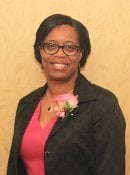 Darnishia Slade, manager of Global Engagement Programs and ACSHF graduate student, has been selected by Lorelle Meadows, the Dean of Pavlis Honors college (PHC), to be this week’s showcase member!
Darnishia Slade, manager of Global Engagement Programs and ACSHF graduate student, has been selected by Lorelle Meadows, the Dean of Pavlis Honors college (PHC), to be this week’s showcase member!
Slade is a great role model for students. She brings encouragement and an engaging learning experiences to students in the classroom. Slade has been a part of the Honors college for sometime. she teaches the first Honors Seminar and the Capstone courses for students in the Global Leadership Pathway for students pursuing their Leadership minor. She continuously explores ways to improve the classroom experience and her excellence sense of student experience likely comes from her previous work in the academic and student affairs departments of the University. Meadows states “Darnishia Slade brings creativity and compassion into her teaching. She has influenced students both inside and outside the classroom, and uses these experiences and insights to affect change in our programs.”
Slade will be recognized at the end-of-term luncheon and is eligible for one of three new teaching awards to be given by the William G. Jackson Center for Teaching and Learning this summer.
